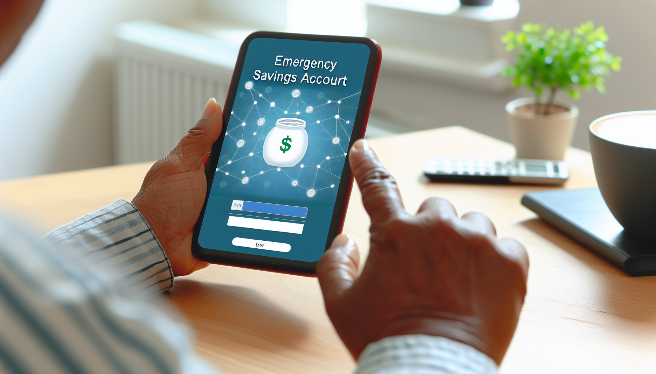Managing your finances can sometimes feel like you’re navigating a ship through a storm—thrilling for some, terrifying for others. But here’s the kicker: you don’t need to be a financial guru to steer clear of the rocks. With the revolution of free budgeting tools, you’ve got a compass, a map, and even a friendly parrot on your shoulder giving you advice (metaphorically speaking). Let’s dive into how these tools can help you master your finances like a seasoned captain.
Understanding Where Your Treasure Lies
First things first, you need to know your assets and liabilities. What are you pulling in each month, and where is it sailing away? Free budgeting tools essentially serve as your ledger. They track your income, your rent or mortgage, utilities, groceries, the odd bottle of rum—everything. And stats back up their effectiveness; a study showed that 68% of users said budgeting tools helped them save money. That’s a treasure worth digging for.
Charting Your Course: Goal-Setting
Where do you want to be in a year’s time? Sipping a drink on a beach or still scrounging for doubloons? Free budgeting tools allow you to set goals—like paying off debt, saving for a vacation, or building an emergency fund. This might sound whimsical, but it’s anything but. The numbers show that individuals with a savings plan are twice as likely to save successfully. That’s the power of setting your sights on the horizon.
Avoiding Davy Jones’s Locker: Debt Management
Our modern-day pirates are creditors, and they are relentless. But with free budgeting tools, you can keep an eye on your debts and create a plan to pay them down efficiently. There’s evidence that suggests households who actively use budgeting tools have lower overall debts — that’s your lifeboat in a sea of credit card statements.
The Winds of Change: Tracking Spending
You can’t control the wind, but you can adjust your sails. Once you’re tracking your spending, you’ll notice patterns. Maybe you’re spending a small fortune on dining out or subscription services you barely use. With this knowledge, you can adjust your budget to fit your actual needs and desires, improving your financial health like a hearty sea breeze.
Scurvy-Free Savings: Building Your Buffer
One of the primary goals of budgeting is to avoid financial scurvy—being sickly and unprepared for emergencies. Free budgeting tools often feature savings strategies, tips, and reminders to tuck away a part of your income. Even small amounts add up over time. A study found that low-income families with at least $500 in an emergency fund were better off financially than moderate-income families with less saved up. So start small, and grow your buffer. Your future self will thank you.
Mutiny Against Fees: Avoiding Hidden Charges
Unnoticed fees are like an undercurrent that can sink your financial ship without a dramatic storm. Many free budgeting tools now offer the ability to spot these pesky fees and suggest ways to avoid them, like setting up balance alerts or avoiding out-of-network ATMs. Over time, dodging these fees keeps more gold in your pocket and less in the coffers of fee mongers.
In the age of technology, managing your finances doesn’t have to be a dreaded voyage through unknown waters. With the advent of free budgeting tools, anyone can become the captain of their financial destiny. Chart your course, set sail, and before you know it, you’ll be the one telling tales of adventure and financial success. Now, set your sights on the horizon and go conquer those financial waves!


